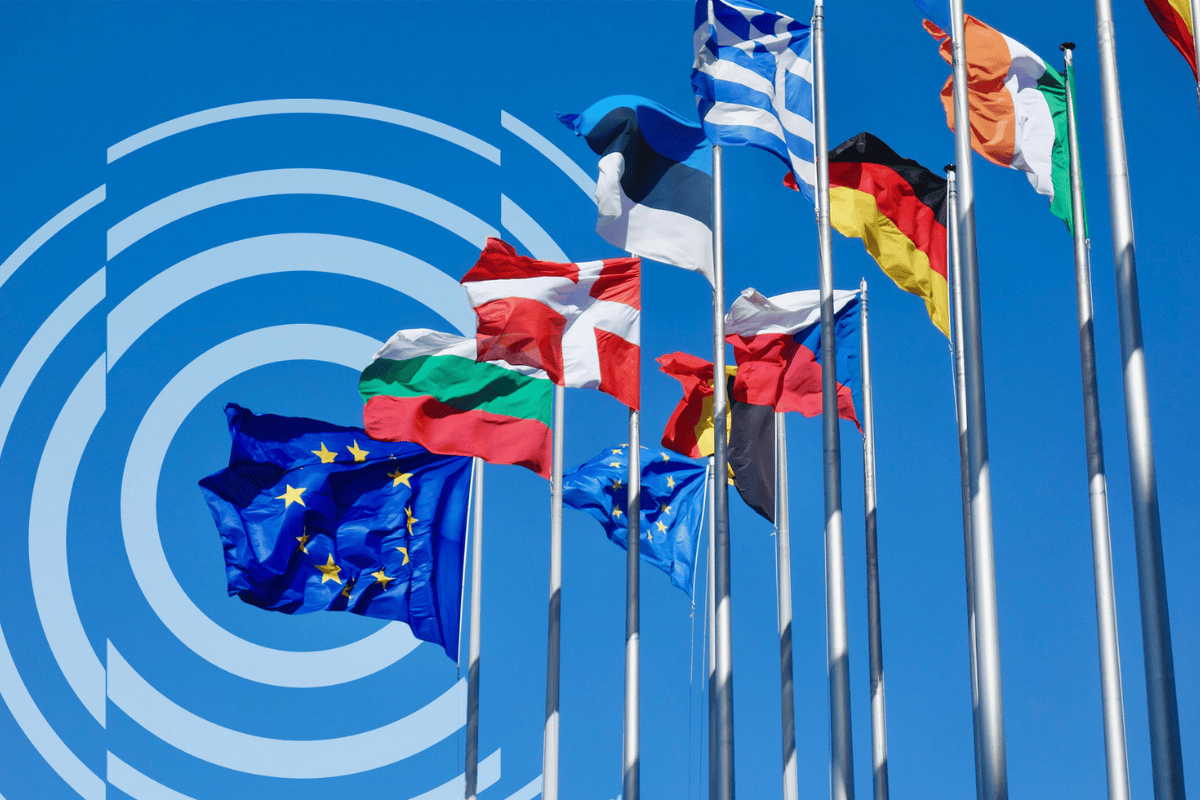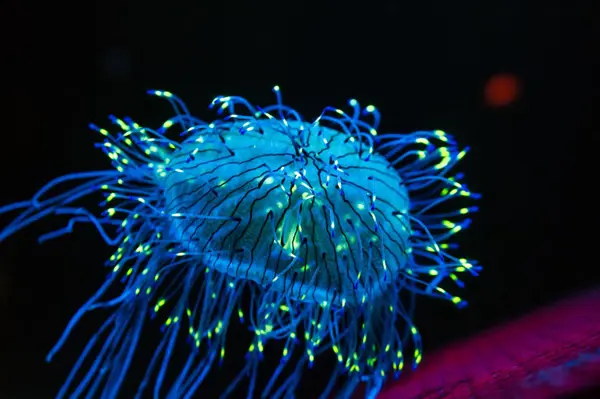How clean is the plastic cycle?
From August 5 to 14, the final negotiations for a global plastics treaty will take place in Geneva, Switzerland [1]. Plastic Soup Foundation is there and pleads for global agreements to regulate and reduce the production of plastic. Will you plead with us?
The upcoming plastics treaty sets rules from the first moment petroleum is converted into polymers (the raw material from which plastics are made) until plastic packaging ends up in the recycling line, incinerator or landfill. And this is much needed, because the current state of affairs is anything but healthy.
Where do we see dangers?
Chemicals are used to produce plastic from petroleum. Many of these chemicals are harmful to humans and the environment. Plasticizers in particular - chemicals that make plastic flexible - harm us [2]. These are released, for example, by heating a microwave meal and end up in our food (and thus in our bodies) unnoticed [3].
Yet it is not only the chemicals in plastic that cause harm. In fact, research by Greenpeace shows that plastic factories also emit the necessary substances that, when people are exposed to them, lead to an increased risk of cancer, infertility and cardiovascular disease [4]. In the Netherlands, as much as 25% of the population is exposed to these toxic emissions!
In case your life expectancy has not already been reduced by these two threats, plastic waste can also negatively affect your health. In fact, far from all the plastic we throw away can be recycled. Much of it ends up in the pile to be burned along with all our residual waste. In addition to the harmful substances released during that incineration, as much as 1.5 million tons of unburned grit remains each year after incineration. Grit that is then used as bottom ash in infrastructure projects, such as highway widening or dike raising [5].
As sustainable and circular as that sounds, this grit - also known as Beaumix - is infused with chemicals, which pollute the soil and underlying groundwater when it rains [6].
And this list is far from complete.
What will hopefully change as a result of the Plastic Treaty?
There is reason enough to regulate the plastic cycle. Not only to draw attention to the plastic pollution of today, but especially to protect future generations. While they still can.
At Plastic Soup Foundation, we are committed to a plastic-free future. For that reason, we will also be present at the negotiations in Geneva. Do you also believe in our mission and want to show your support? Then donate now and sign our petition for a global plastics treaty .
Rynaldo Koerhuis (1995) advises, sells and writes. For Plastic Soup Foundation, he writes a blog twice a month on a current topic.
[1] NOS Nieuws, ‘Geen akkoord over internationaal plasticverdrag, volgend jaar weer gesprekken’, December 2, 2024.
[2] Plastic Soup Foundation, ‘Onze gezondheid loopt ernstige schade op door plastic en de chemicaliën daarin’, 20 August 2024.
[3] Plastic Soup Foundation, ‘Heating Bad’, 19 March 2025.
[4] Greenpeace, ‘Nederland loopt voorop in blootstelling aan giftige plasticvervuiling: 1 op de 4 Nederlanders in de gevarenzone’, 22 july 2025.
[5] Follow The Money, ‘Hoe verbrand afval als bouwstof in de bodem verdwijnt’, 24 july 2025.
[6] Omroep West, ‘Bewoners maken zich nog steeds zorgen om Beaumix in de grond, wat is de oplossing?’, 28 januari 2024.



.png)


